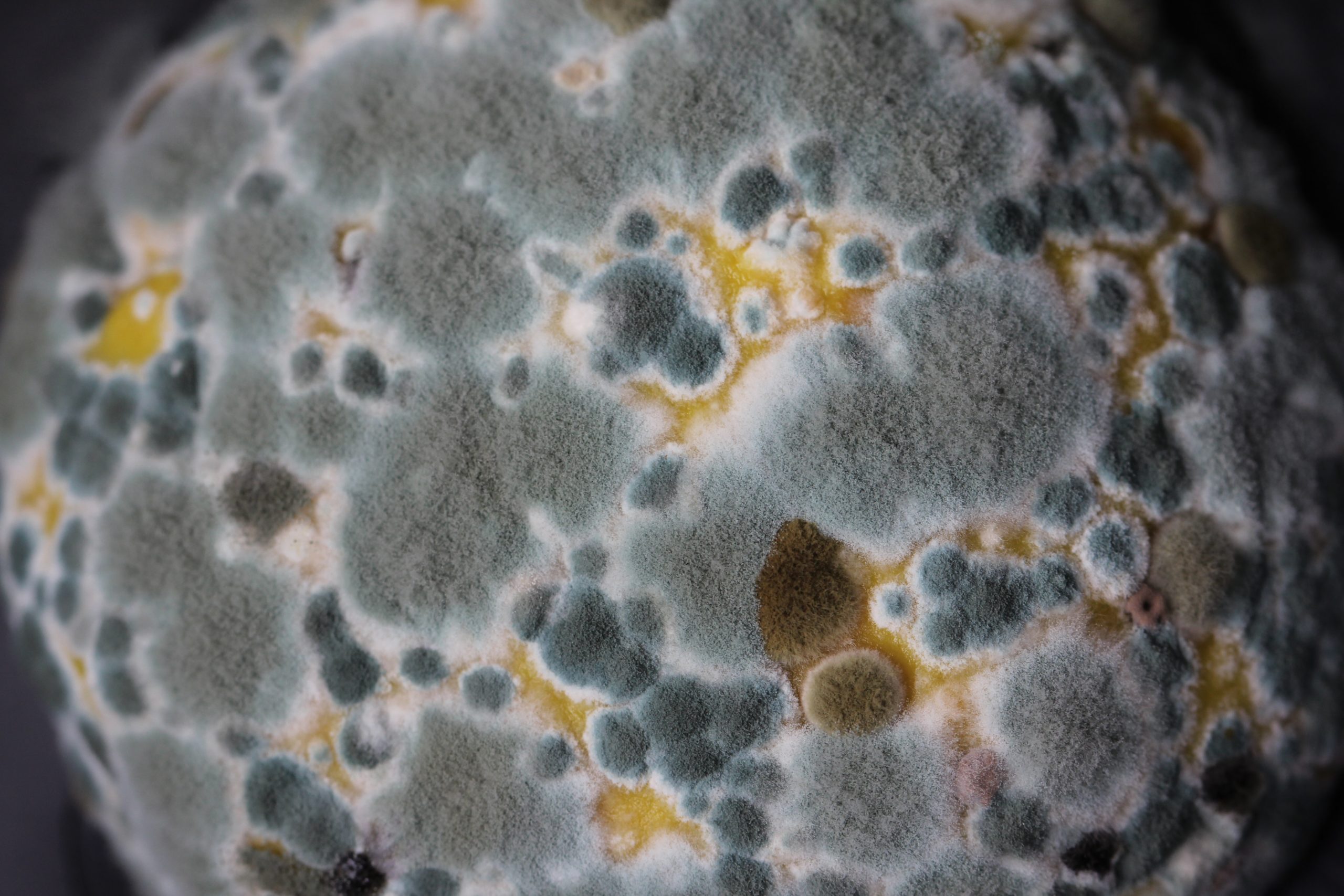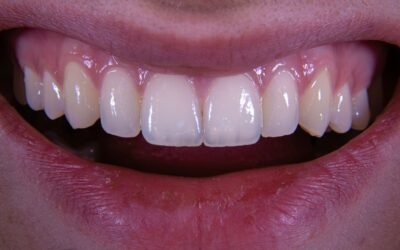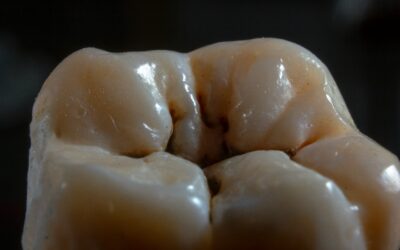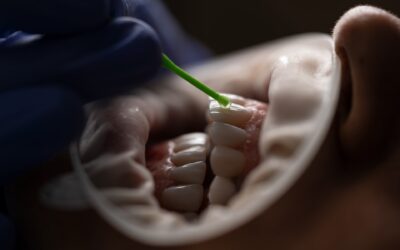Nutrition plays a critical role in oral health. What we eat and drink can affect the health of our teeth and gums in several ways. Certain foods and drinks can contribute to tooth decay, gum disease, and other oral health problems, while others can help protect and maintain oral health.
Link Between Nutrition & Oral Health
Nutrition and oral health are closely linked. The food we eat can affect the health of our teeth and gums in several ways:
Tooth Decay
The bacteria in our mouths feed on the sugars and carbohydrates in the food we eat, producing acid that can erode tooth enamel and cause cavities. Consuming sugary and acidic foods and drinks can increase the risk of tooth decay.
Gum Disease
A diet that is high in sugar and low in nutrients can weaken the immune system and make it more difficult for the body to fight off infections. This can lead to gum disease, which is characterised by inflammation and infection of the gum tissue.
Tooth Loss
A diet that is deficient in certain nutrients, such as calcium, vitamin D, and vitamin C, can weaken tooth enamel and make teeth more susceptible to decay and erosion. This can eventually lead to tooth loss.
Dry Mouth
Certain medications and medical conditions can cause dry mouth, which can increase the risk of tooth decay and gum disease. Adequate hydration and a diet that includes water-rich foods can help prevent dry mouth.
Importance Of A Balanced Diet
The biggest dietary contributor to oral health problems is sugar. When we consume sugary foods and drinks, the bacteria in our mouths feed on the sugars and produce acid. This acid can erode the enamel on our teeth, leading to cavities. Starchy foods like bread, chips, and crackers can also contribute to tooth decay because they break down into simple sugars in the mouth.
On the other hand, a diet rich in fruits, vegetables, lean proteins, and low-fat dairy products can help maintain healthy teeth and gums. These foods provide essential nutrients that support oral health, such as calcium, vitamin D, and phosphorus. They also contain antioxidants that can help reduce inflammation and prevent gum disease.
Calcium is critical for building and maintaining strong teeth and bones. Without enough calcium, our teeth can become weak and brittle, making them more susceptible to decay and damage. Foods that are high in calcium include dairy products like milk, cheese, and yogurt, as well as leafy greens like kale and collard greens.
Vitamin D is necessary for the body to absorb calcium. Without enough vitamin D, our bodies may not be able to use the calcium we consume effectively. Vitamin D is known as the “sunshine vitamin” because our bodies can produce it when our skin is exposed to sunlight. However, many people do not get enough vitamin D from sunlight alone and may need to supplement their diets with foods like fatty fish and fortified dairy products.
Phosphorus is also essential for building and maintaining strong teeth and bones. It works in conjunction with calcium to create strong tooth enamel. Foods that are high in phosphorus include meat, poultry, fish, and dairy products.
In addition to these essential nutrients, a balanced diet should also include plenty of fruits and vegetables. These foods provide antioxidants that can help reduce inflammation and prevent gum disease. They also contain fibre, which can help stimulate saliva production and promote oral health.
Tips For Maintaining A Healthy Diet For Oral Health
Maintaining a healthy diet is an important part of promoting good oral health. Here are some practical tips for incorporating more oral health-friendly foods into your diet:
- Eat a variety of nutrient-rich foods: A well-balanced diet that includes a variety of nutrient-rich foods is essential for maintaining good oral health. Try to include plenty of fruits, vegetables, whole grains, lean proteins, and low-fat dairy products in your diet.
- Snack on fruits and vegetables: Instead of reaching for sugary or starchy snacks, choose fresh fruits and vegetables. Apples, carrots, celery, and cucumbers are all great options for promoting oral health. These foods help increase saliva flow, which can help wash away food particles and bacteria.
- Choose calcium-rich foods: Calcium is important for building strong teeth and bones. Good sources of calcium include dairy products, leafy greens, almonds, and fortified cereals.
- Include vitamin C in your diet: Vitamin C is important for healthy gums and can help prevent gum disease. Citrus fruits, strawberries, kiwi, and bell peppers are all good sources of vitamin C.
- Get enough vitamin D: Vitamin D helps the body absorb calcium, which is essential for strong teeth and bones. Foods that are rich in vitamin D include fatty fish, egg yolks, and fortified dairy products.
- Limit sugary and acidic foods and drinks: Sugary and acidic foods and drinks can erode tooth enamel and increase the risk of tooth decay. Try to limit your consumption of sugary snacks and drinks and rinse your mouth with water after consuming acidic foods or drinks.
- Stay hydrated: Drinking plenty of water can help keep the mouth hydrated and wash away food particles and bacteria. Aim to drink at least 8 glasses of water a day.
By incorporating these tips into your diet, you can promote good oral health and reduce the risk of tooth decay, gum disease, and other oral health problems.
Cheslyn Hay Dental Practise
In conclusion, nutrition plays an important role in maintaining good oral health. A well-balanced diet that is rich in nutrients can help prevent tooth decay, gum disease, and other oral health problems. By incorporating oral health-friendly foods into your diet, such as fruits and vegetables, calcium-rich foods, and foods that are high in vitamin C and D, you can support the health of your teeth and gums.
At Cheslyn Hay Dental Practice, we are committed to helping our patients achieve and maintain good oral health. In addition to providing high-quality dental care, we also offer advice on nutrition and other lifestyle factors that can affect oral health. By working together, we can help you achieve a healthy smile that lasts a lifetime. Contact us today to discuss your dental needs. We are welcoming new patients across Walsall and Cannock.







